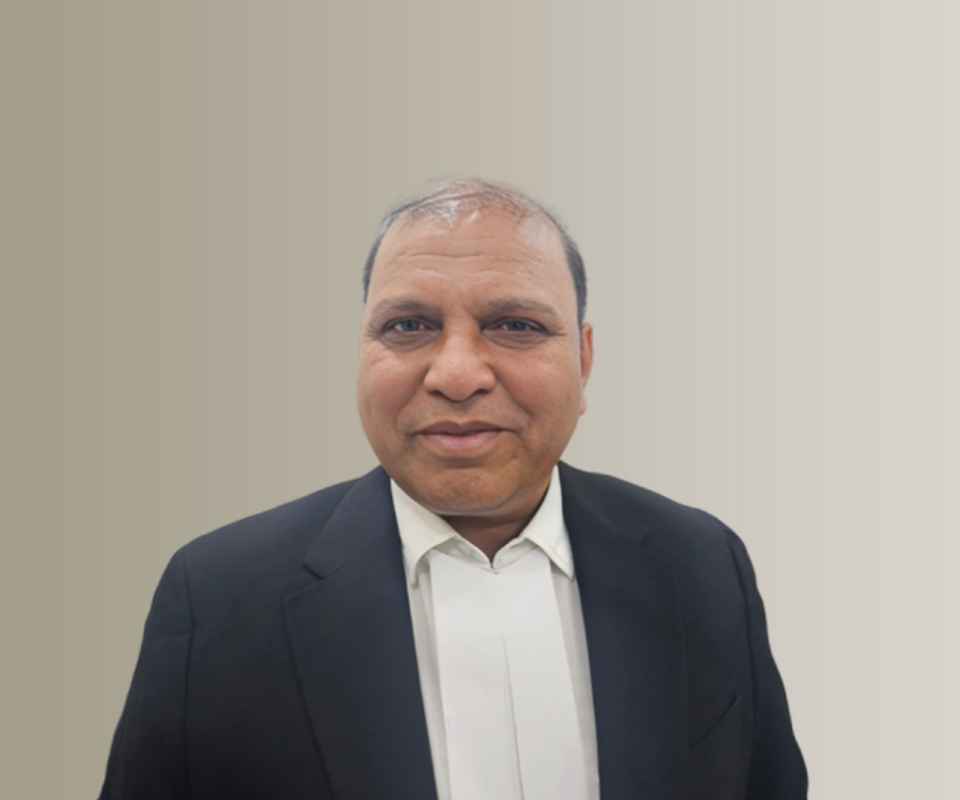Answer By law4u team
Constitution Of India Article 19: Protection Of Certain Rights Regarding Freedom Of Speech
19. Protection of certain rights regarding freedom of speech, etc.
- (1) All citizens shall have the right—
- (a) to freedom of speech and expression;
- (b) to assemble peaceably and without arms;
- (c) to form associations or unions {2}or co-operative societies;
- (d) to move freely throughout the territory of India;
- (e) to reside and settle in any part of the territory of India;{1} and
{2} [(f)* * * * *] - (g) to practise any profession, or to carry on any occupation, trade, or business.
- {3}(2) Nothing in sub-clause (a) of clause (1) shall affect the operation of any existing law, or prevent the State from making any law, in so far as such law imposes reasonable restrictions on the exercise of the right conferred by the said sub-clause in the interests of the sovereignty and integrity of India, the security of the State, friendly relations with foreign States, public order, decency or morality, or in relation to contempt of court, defamation, or incitement to an offence.
- (3) Nothing in sub-clause (b) of the said clause shall affect the operation of any existing law in so far as it imposes, or prevent the State from making any law imposing, in the interests of the{4} sovereignty and integrity of India or public order, reasonable restrictions on the exercise of the right conferred by the said sub-clause.
- (4) Nothing in sub-clause (c) of the said clause shall affect the operation of any existing law in so far as it imposes, or prevent the State from making any law imposing, in the interests of the {4}sovereignty and integrity of India or public order or morality, reasonable restrictions on the exercise of the right conferred by the said sub-clause.
- (5) Nothing in {5}sub-clauses (d) and (e) of the said clause shall affect the operation of any existing law in so far as it imposes, or prevent the State from making any law imposing, reasonable restrictions on the exercise of any of the rights conferred by the said sub-clauses either in the interests of the general public or for the protection of the interests of any Scheduled Tribe.
- (6) Nothing in sub-clause (g) of the said clause shall affect the operation of any existing law in so far as it imposes, or prevent the State from making any law imposing, in the interests of the general public, reasonable restrictions on the exercise of the right conferred by the said sub-clause, and, in particular, nothing in the said sub-clause shall affect the operation of any existing law in so far as it relates to, or prevent the State from making any law relating to—
- (i) the professional or technical qualifications necessary for practising any profession or carrying on any occupation, trade, or business, or
- (ii) the carrying on by the State, or by a corporation owned or controlled by the State, of any trade, business, industry, or service, whether to the exclusion, complete or partial, of citizens or otherwise.
NOTE
- {2}Inserted by the Constitution (Ninety-seventh Amendment) Act, 2011, section 2 (w.e.f. 8-2-2012).
- {1.} Ins. by the Constitution (Forty-fourth Amendment) Act, 1978, s. 2 (w.e.f. 20-6-1979).
{2. }Sub-clause (f) omitted by s.2, ibid. (w.e.f. 20-6-1979). . - {3}. Subs. by the Constitution (First Amendment) Act, 1951, s. 3, for cl. (2) (with retrospective
effect).
{4.} Ins. by the Constitution (Sixteenth Amendment) Act, 1963, s. 2 (w.e.f. 5-10-1963).
{5.} Subs. by the Constitution (Forty-fourth Amendment) Act, 1978, s. 2, for sub-clauses (d), (e) and (f) (w.e.f. 20-6-1979).
Brief Detail
Article 19 guarantees fundamental freedoms to citizens, including speech, expression, assembly, association, movement, residence, and the profession of trade or occupation. However, the State can impose reasonable restrictions in the interests of sovereignty, integrity, public order, morality, and other concerns as specified in the article.
Question
Q1: What rights are protected under Article 19?
A1: Article 19 protects rights such as freedom of speech, peaceful assembly, forming associations, movement, residence, and profession or trade.
Q2: Can these rights be restricted?
A2: Yes, these rights can be restricted by the State for reasons such as sovereignty, integrity, public order, decency, morality, or protection of Scheduled Tribe interests.
Example
Example 1: Peaceful protests by citizens are a right protected under Article 19.
Example 2: Restrictions on trade in hazardous materials for public safety are reasonable limitations under Article 19.
Summary
Article 19 ensures fundamental freedoms for citizens while balancing them with reasonable restrictions to maintain sovereignty, public order, and morality.







